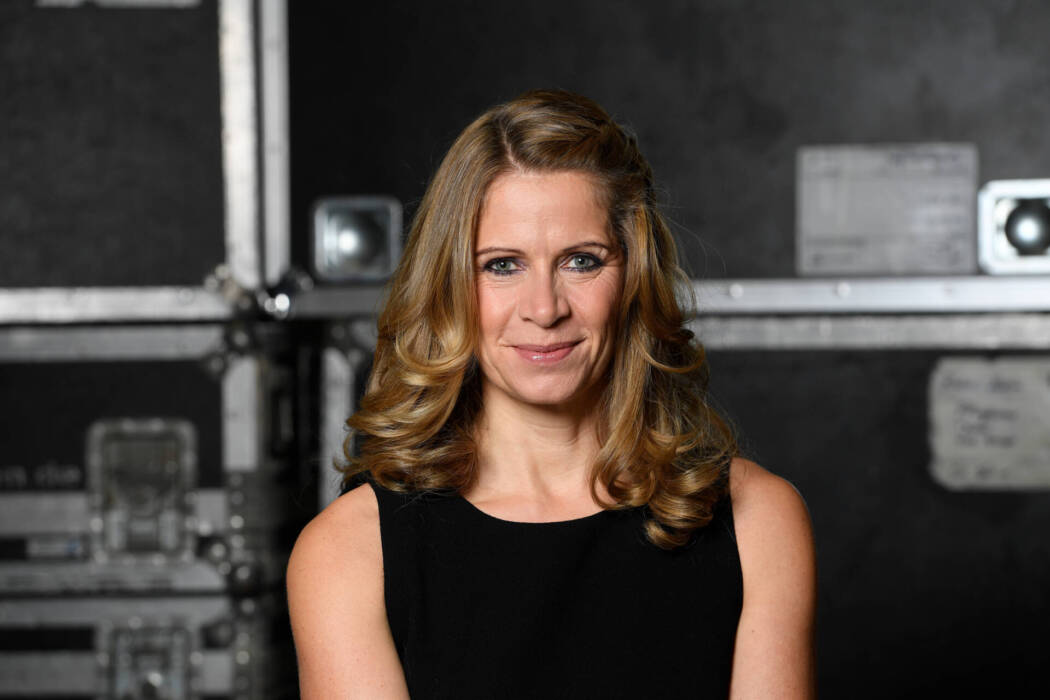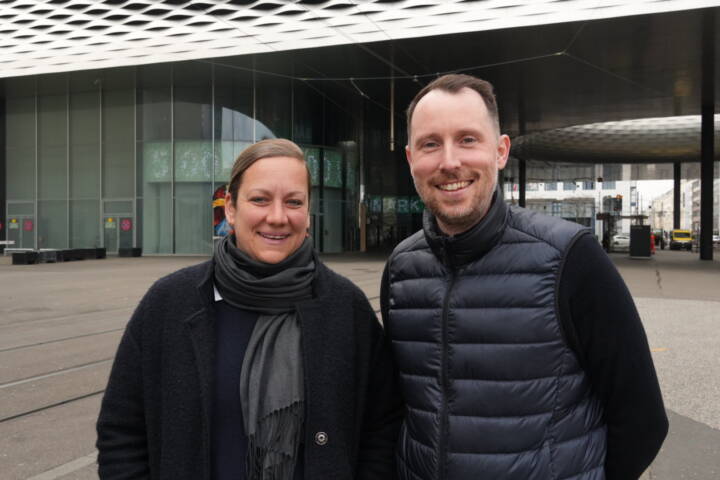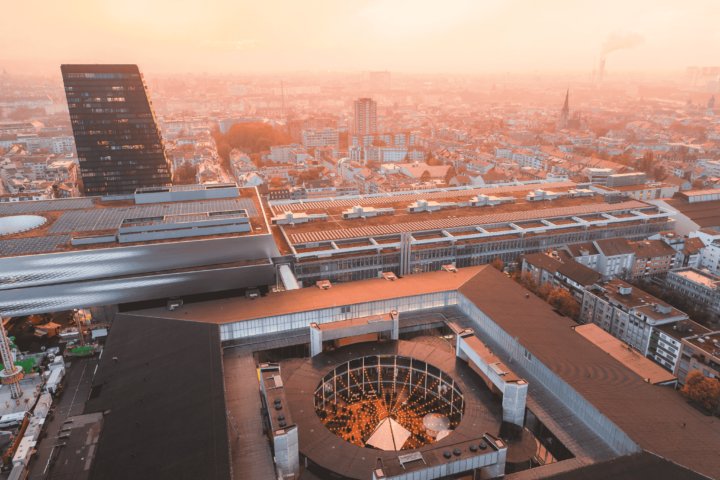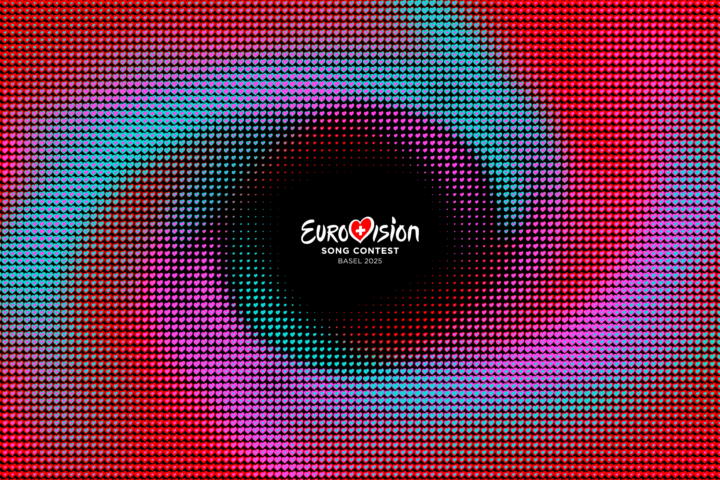
The Baloise Session had to be cancelled for the second time running this year. What implications does this have for your company?
It was absolutely devastating for us, I can’t describe it any other way. From one day to the next, our very existence was threatened. That meant we had to reorganise and realign ourselves and downsize our team – a particularly painful process. But there were also positive sides to this unfortunate situation. The fact that we are able to count on such idealistic and financial support from our Presenting Sponsor, Basler Versicherungen, is a blessing and something that we don’t take for granted. Our main sponsors, Basler Kantonalbank, Novartis, Dufry, Amag, Cornèrcard and IWB, have also been very accommodating in financial terms. Apart from this, we have received cultural funding from the Canton of Basel-Stadt and were able to register our employees for short-time working. All of this is giving us great hope in the crisis.
The Baloise Session was one of the first events to consistently opt for a virtual format. What experience have you had with this?
We had already been thinking about such a format before the outbreak of the pandemic, which is why we were able to react so quickly. Our first concert with 77 Bombay Street flickered across people’s screens at home just eleven days after the first lockdown. A great deal was still improvised at that stage. But once we realised that the situation was not going to improve so rapidly, we adopted a more professional approach to the Baloise Session @home, using a camera crew instead of mobile phone video recordings and accompanying this with a communication concept that offers participating artists a platform in the run-up to their gig. The primary aim that we and Basler Versicherungen are pursuing with this is to provide support for the local music scene. It was thus clear to us right from the start that all the performing musicians would be receiving a fee. And our success has proved us right. Between 500 and 1400 people watch our concerts live, and a considerably greater number access them via the on-demand service. We have already reached more than 1.8 million viewers with the eminent artists of Milow, Stephan Eicher, Philipp Fankhauser, 77 Bombay Street, Stefanie Heinzmann, Seven, Bastian Baker, Marc Sway, Pegasus, Steff la Cheffe, Baschi, Damian Lynn, James Gruntz, Stress and Dodo.
Are you assuming that a return to normal operations will be possible in 2022?
Unfortunately, I don’t have a crystal ball allowing me to say with absolute certainty whether we will actually be returning to the Event Hall as usual in 2022. But the fact that planning is possible again now makes me highly optimistic. It would have been unthinkable to book international artists of the usual high calibre for our 2021 festival. For 2022, though, we have already received a number of confirmations. The success of our line-up, however, will naturally depend on the relaxation and lifting of international travel restrictions.
What have you learned from the past few months? Will the Baloise Session be the same event in future as it was before corona or will it change?
We’ve been thinking a great deal about potential further developments but many of our thoughts are not yet ripe for discussion. We will doubtless be retaining the virtual format in one form or another. Even though it’s difficult to make predictions as regards time, I still firmly believe in our festival concept. Small is the new big. If it proves possible to stage concerts again one day, we consider ourselves to be perfectly positioned with our “small but delightful” and intimate concept featuring club tables and candlelight.



